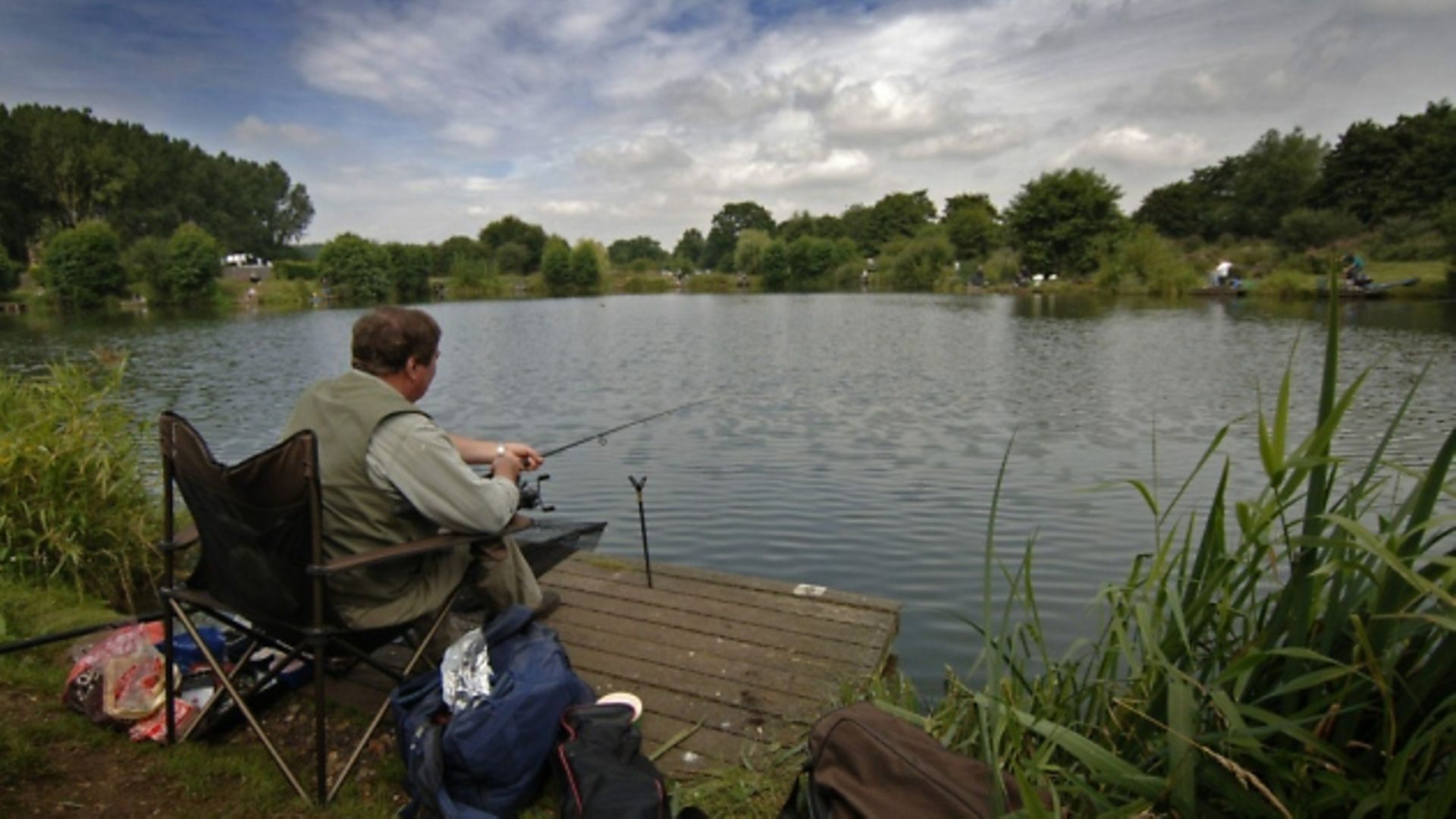
I must confess that I do not normally read the angling section of my local newspaper, the Eastern Daily Press, but from time to time I do catch sight in its columns of the name wrasse. As many readers will know better than me, this word refers to a particular species of marine fish, some varieties of which can be found in the seas around these islands.
I have always thought that wrasse is a rather strange-looking English word. Maybe I am just wrong about this, because there are, after all, other originally Old English words beginning with wra- in the modern language, including wrack, ‘damage, disaster, ruin’ – as in “wrack and ruin”; wrath, ‘anger’; wrangle, ‘quarrel’; and wrap. These words are spelt with the initial letter w because they used to be pronounced with a w sound at the beginning, which is no longer possible in the present-day language. The w sound in words with initial wr- such as wrasse, wrench, write, wrong, wrung was lost in the pronunciation of most English speakers during the 1600s.
This was the case, too, for Anglo-Saxon and Anglo-Danish place-names such as Wrabness (Essex), Wrafton (Devon), Wragby (Lincolnshire), Wramplingham (Norfolk), Wrangbrook (Yorkshire), Wrangle (Lincolnshire), Wrantage (Somerset), Wratting (Cambridgeshie), Wrawby (Lincolnshire) and Wraxall (Dorset). We no longer pronounce the w in these names, but it is there in the spelling because our linguistic ancestors used to do so.
Old English also had words beginning with wl-: wlat, ‘loathing’, not found in written English since the 1500s; wlaffe, ‘stammer’, last recorded in the 1300s; wlonk, ‘rich, proud’, last noted in about 1440; wlite, ‘beauty’, not recorded since 1300; and wlisp, ‘lisp’. The w in these words disappeared from speakers’ pronunciation earlier than it did before r, probably in the 1400s, which is presumably why today we do not spell lisp as wlisp.
I might be wrong about the oddness of wrasse, too, because there are a number of other words in English which end in -sse. As far as I can see, though, these are all borrowings from French, with most of them rather recent. Largesse first made its way into English in the 14th century; but lacrosse first appeared in 1805, crevasse in 1823, impasse in 1851, bouillabaisse in 1855, and mousse in 1863. A nice coincidence is that wrasse is said to work very well as one of the ingredients of bouillabaisse, the traditional southern French fish stew.
There is, however, truly something strange about the word wrasse. And we can get some insight into the nature of this strangeness by noting the colloquial term for one of the varieties of wrasse, Labrus maculatus, which goes by the name of “old wife”.
This provides us with a clue as to the origins of the word wrasse itself. The fact is that wrasse is one of the very few words to have come into mainstream English from Cornish.
Alongside Welsh and Breton, Cornish is one of the survivors of the ancient Brittonic Celtic language which was spoken all over Britain before the arrival in the east of the Germanic-speaking Anglo-Saxons from continental Europe, and in the west of the Gaelic-speaking Scots from Ireland.
Although Welsh and Breton still survive – rather well in the case of Welsh – Cornish had lost its last native speakers by the first decade or so of the 19th century, though in recent years it has undergone something of a revival.
The Britonnic source of the word wrasse is wrach, which is derived from the base form gwrach. The clue is that Modern Welsh gwrach is normally translated into English as ‘old woman’ – but also as ‘wrasse’.
It seems that wrach was borrowed from Cornish into coastal southwestern dialects of English as wrath, which according to the English Dialect Dictionary is still the modern Cornish English word for the fish. Then, the Oxford English Dictionary suggests, wrasse is likely to have come originally from the plural form of wrath, namely wraths.
Warning: Illegal string offset 'link_id' in /mnt/storage/stage/www/wp-includes/bookmark.php on line 357
Notice: Trying to get property 'link_id' of non-object in /mnt/storage/stage/www/wp-includes/bookmark.php on line 37







